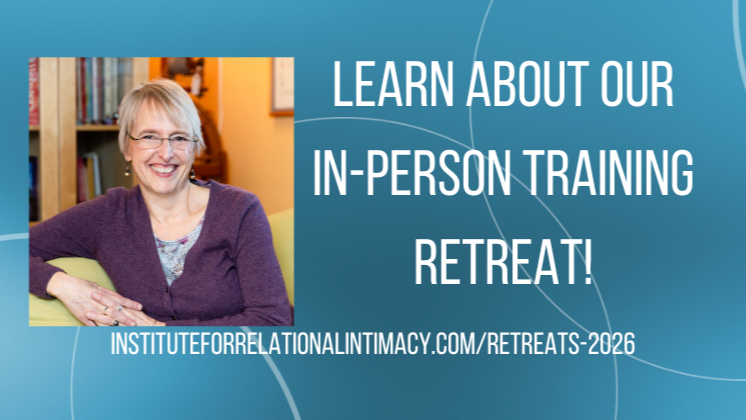Postpartum Low Desire: Improving Intimacy And Strengthening Relationships
Aug 12, 2016My last two posts were about dealing with the effects of birth on your body and your mind. This week, it’s all about teamwork. It’s about finding that connection that brought you and your partner together in the first place–and rebuilding it stronger than ever.
When you or your partner are experiencing low desire postpartum, how can you increase intimacy and closeness, reduce frustration, and get the teamwork feeling back in your relationship?
In order to encourage arousal, you need to be able to relax and let go of your worries and calm the “mama lion” protective instinct for a short time. Can you leave your baby with a deeply trusted friend or relative? Is there a hotel near your home? Could you and your partner connect during nap time? Planning intimacy may not feel romantic, but think of it as planning a mini-vacation–a time to escape your anxiety and really connect.
Performance pressure will not help, so don’t put too many expectations on your mini-vacations. Focus on enjoying one another, on pleasurable touch and emotional connection, rather than on meeting specific expectations.
Couples I see often report that they can’t connect because their lives are too busy. I have news for you: no matter how busy you are, the remedy for “not enough time” is not something you need to pay a therapist for. If you can’t find time to listen, talk, connect, and enjoy one another, your marriage will suffer until you do. Eventually it will suffer beyond repair. You absolutely must find at least a little time to give one another undivided attention. Why not commit to do that starting with 10 minutes today?
If one or both of you are emotionally exhausted, you may need to reconnect with a sense of self before intimacy can bloom. Make it a priority to nurture yourself and your interests, even if only by listening to an audiobook that ignites your imagination while driving or rocking the baby. Although this may seem an indirect route to closeness with one another, it will nurture your loving connection and create an environment where desire can emerge.
One of the most important (and most difficult) ways to nurture yourself is by trying to love and appreciate your body the way it is right now. Self-consciousness about your body is a common experience postpartum. Try thinking about it like this: if there is one moment in your life to feel PROUD of your body, it’s now! Your body created a miracle, without conscious effort on your part! And if there’s one time in your life when your body deserves all the love and support you can give it, it’s now. If you catch yourself in negative self-talk about how your body looks, take a moment to appreciate all the amazing things your body can do. No matter what, it’s a miracle. Your body is perfect exactly as it is, and if there is one time in your life you should be certain about that, it is postpartum.
A big key to staying intimately connected during times of great change is flexibility. This looks a little different for every couple. For instance, it can look like:
- Adjusting your expectations of how interested you have to be in order to begin intimate touching, and maybe taking willingness as your starting place.
- Scheduling intimacy so you can connect during naptime.
- Agreeing not to pressure one another, so that you both can initiate physical affection without either of you feeling obligated to follow through in any particular way. This also gives you both the experience of feeling wanted rather than pushed away.
- Adding self-pleasure to your couple intimacy repertoire.
- Expressing your love and attraction in non-physical, non-pressuring ways, in order to remind one another that you look forward to returning to increased feelings of desire in the future.
- Whatever activities you engage in, can you make connection the primary goal and help one another stay curious, engaged, and loving even if some intimate interactions don’t go as planned? I don’t know what flexibility will look like for you, but I know it’s an extremely powerful tool for maintaining desire with changing health, hormones, and bodies. Over a lifetime, you will have many chances to use the flexibility skills you develop now.
If you think frequent disagreements are part of the desire problem, things may improve if you feel like your partner hears and cares about your feelings and the challenges you are facing, even if they can’t entirely relate. Here’s the hitch: this goes both ways. You also need to validate your partner’s experience, express empathy even if you can’t entirely relate, and accept that you have different and equally valid challenges right now. This can feel like a big hurdle; nonetheless, it is a necessary step towards emotional closeness. Accepting your differences and loving one another despite (and for) them is one of the building blocks for keeping things spicy in a long term relationship.
All of these skills will serve you, your long term relationship, and your intimate life in multiple circumstances, not just now. The time you spend building these skills will really pay off. You are building a strong, intimate relationship where you each feel loved and valued for your whole self.






